Optimal Timing for Tree Transplanting

Spring is ideal for transplanting deciduous trees before leaf emergence, promoting root establishment.
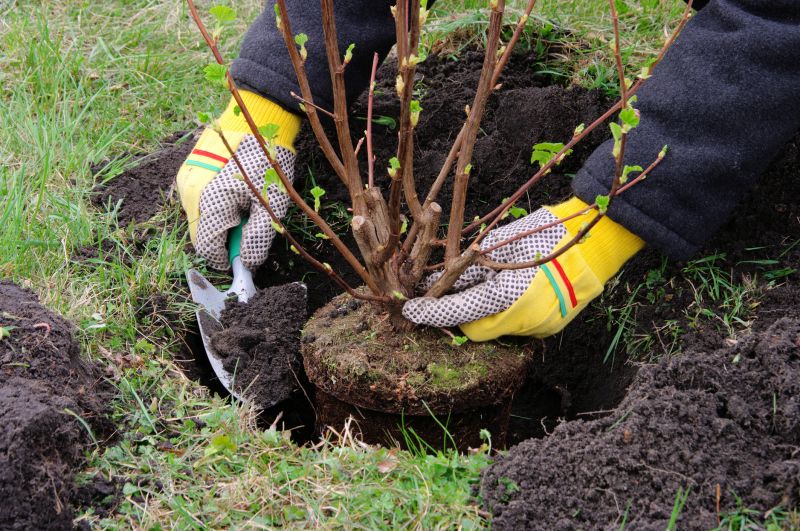
Fall allows trees to recover during dormancy, reducing stress and increasing survival rates.

Summer transplanting is possible but requires extra care due to higher temperatures and water needs.
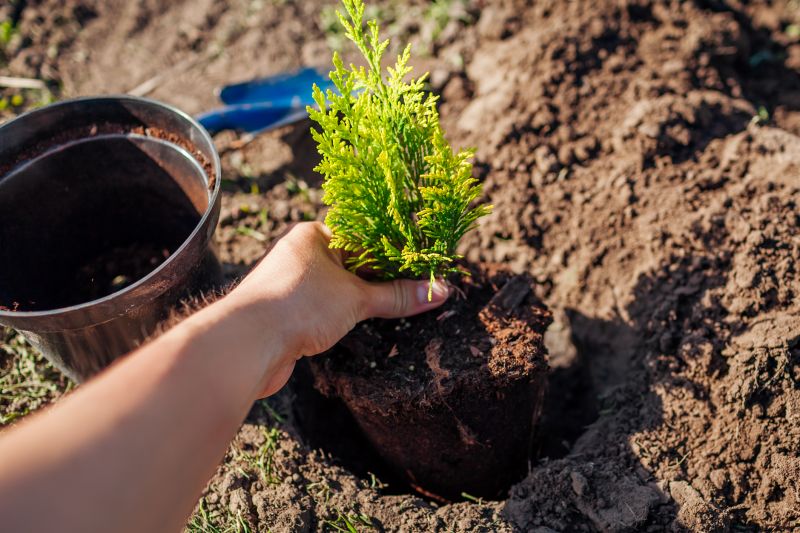
Ways to make Tree Transplanting Service work in tight or awkward layouts.
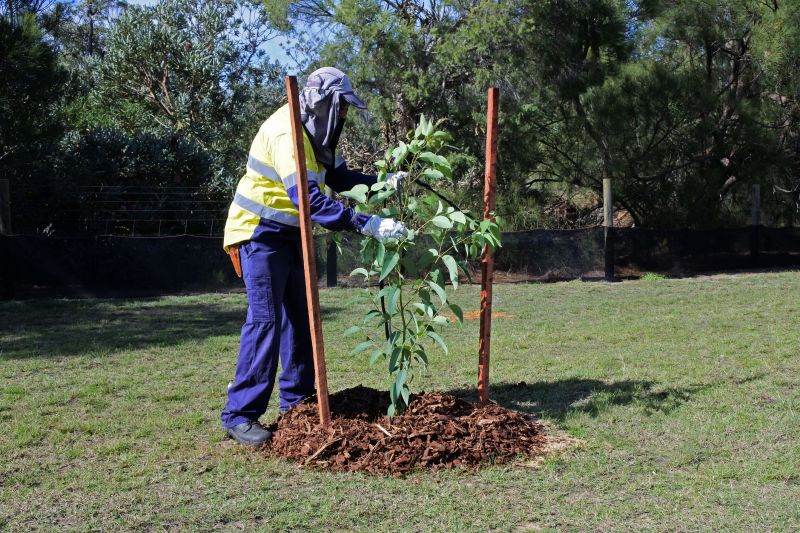
Popular materials for Tree Transplanting Service and why they hold up over time.
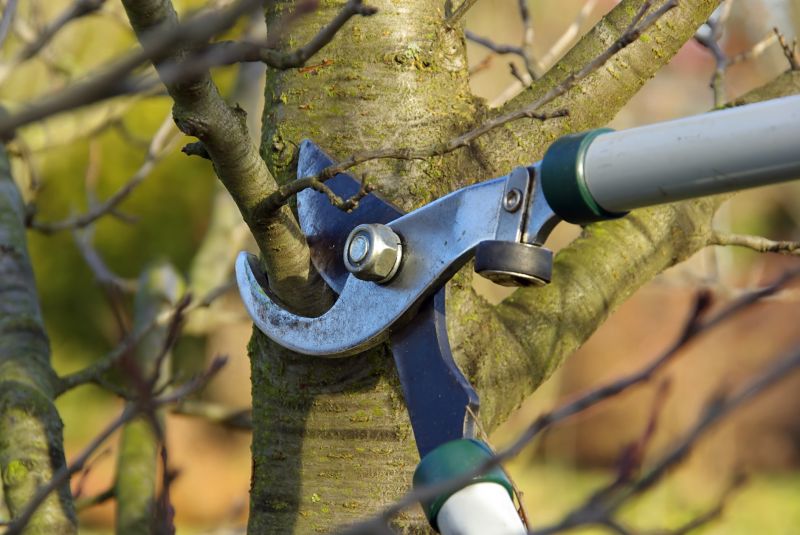
Simple add-ons that improve Tree Transplanting Service without blowing the budget.
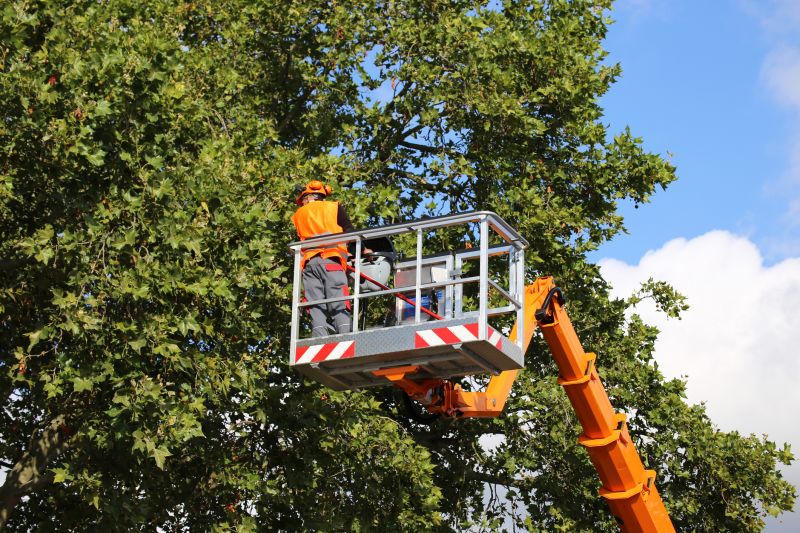
High-end options that actually feel worth it for Tree Transplanting Service.
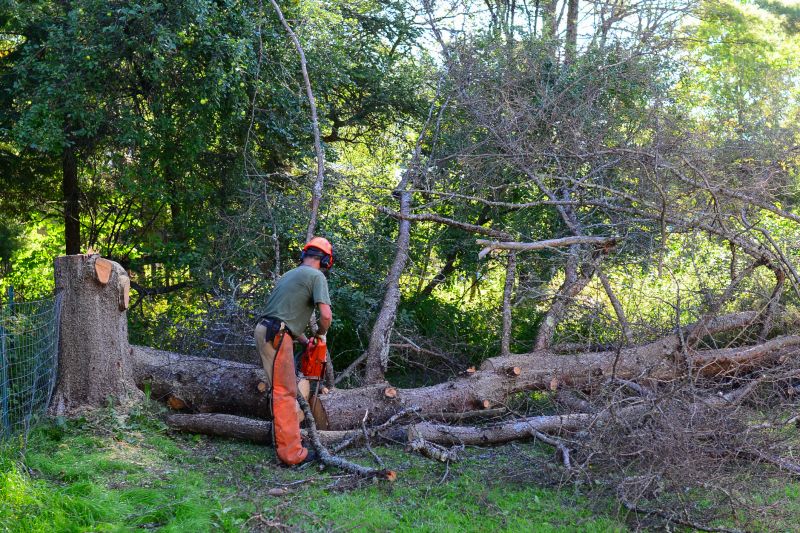
Finishes and colors that play nicely with Tree Transplanting Service.
Tree transplanting involves moving a tree from one location to another, requiring careful planning and execution. The timing of this process significantly impacts the health and longevity of the tree. Proper season selection ensures optimal root growth, minimizes stress, and enhances survival chances. Transplanting during the appropriate period can lead to a higher success rate, with some studies indicating survival rates exceeding 90% when performed in optimal seasons.
Trees transplanted during dormancy have better root development, reducing transplant shock.
Avoid transplanting during extreme weather conditions to prevent additional stress on the tree.
Some species are more tolerant to transplanting at different times; research is recommended for specifics.
Proper soil preparation at the new site supports healthy growth post-transplant.

Specialized tools ensure minimal root disturbance during the move.

Controlled root pruning before transplanting promotes healthy root systems.

Post-transplant watering and mulching are critical for survival.

Selecting healthy trees increases transplant success.

Step-by-step procedures ensure minimal impact on the tree.

Proper placement enhances aesthetic and functional value.

Larger root balls improve transplant success rates.
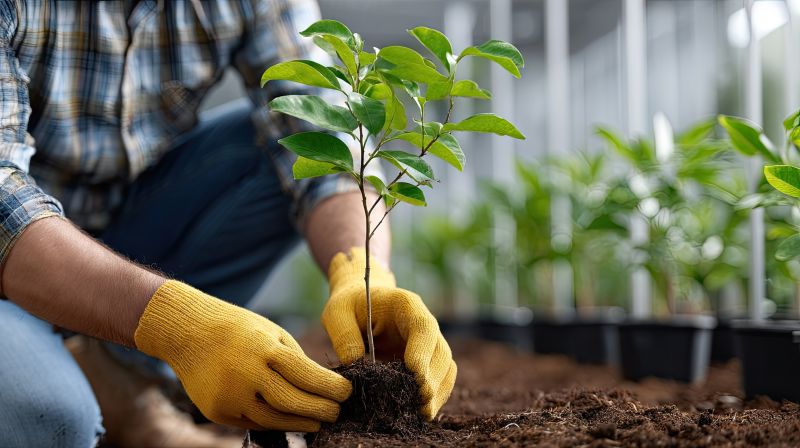
Scheduling according to seasonal factors optimizes outcomes.
| Season | Advantages |
|---|---|
| Spring | Encourages new root growth and tree establishment. |
| Fall | Allows recovery during dormancy with high survival rates. |
| Summer | Possible with careful watering, but riskier due to heat. |
| Winter | Generally not recommended due to frozen ground and dormancy. |
| Late Autumn | Suitable in mild climates for preparation before dormancy. |
Tree transplanting is a complex process that requires consideration of multiple factors such as season, tree species, and site conditions. Proper timing can lead to successful establishment and long-term health. The process involves careful root pruning, soil preparation, and post-transplant care to ensure minimal stress and maximum survival. Accurate planning and execution are essential for achieving desired outcomes.
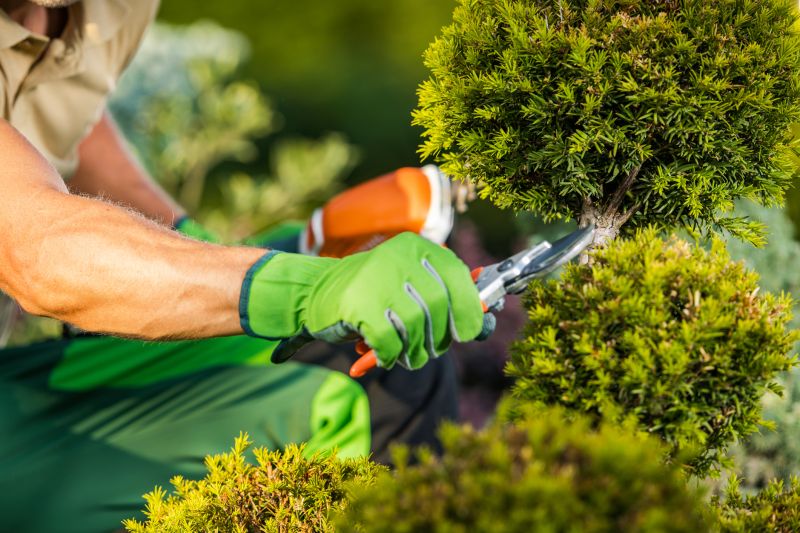
Pre-transplant root pruning encourages healthy root growth.
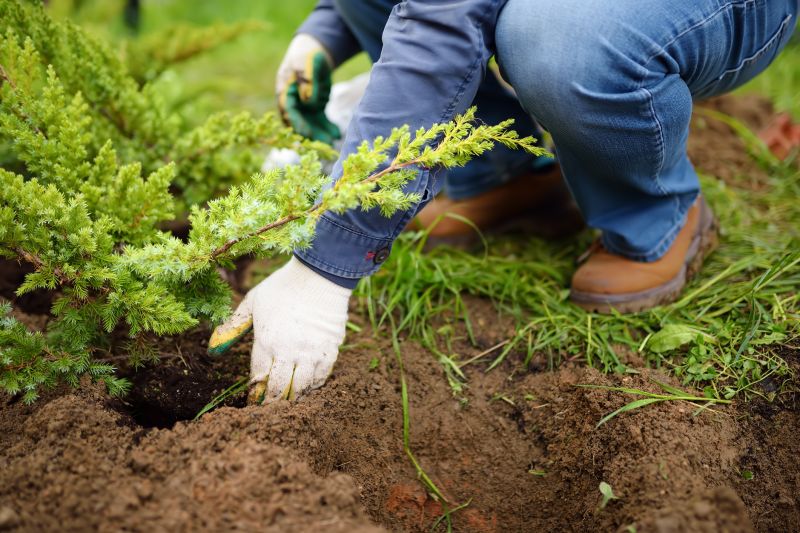
Choosing the right location supports tree health post-transplant.
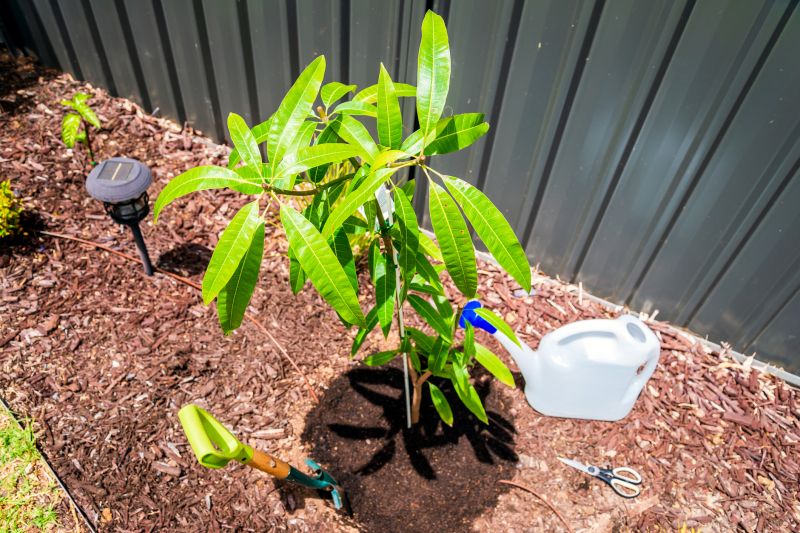
Consistent watering is vital during the establishment period.
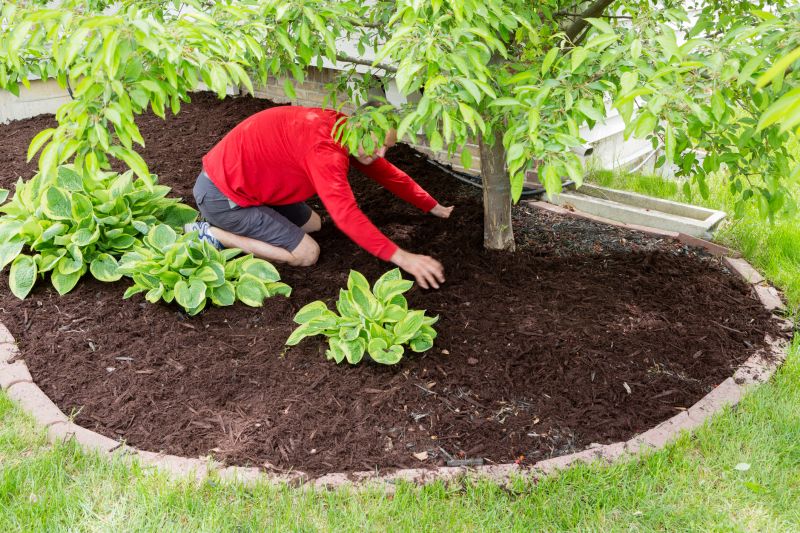
Mulching helps retain moisture and regulate soil temperature.

Little measurements that prevent headaches on Tree Transplanting Service day.
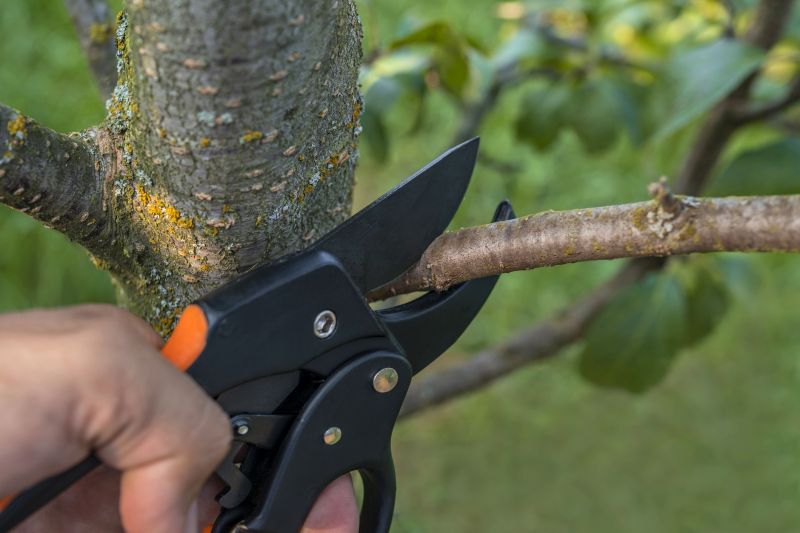
A 60-second routine that keeps Tree Transplanting Service looking new.
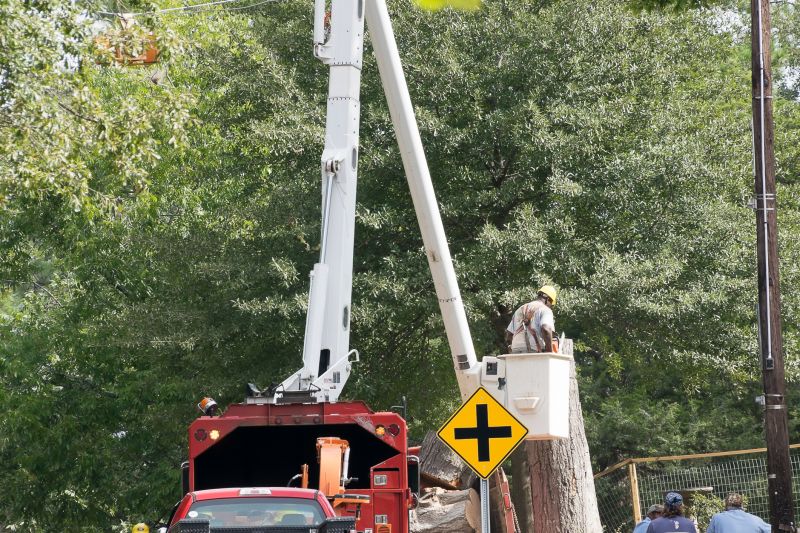
A frequent mistake in Tree Transplanting Service and how to dodge it.
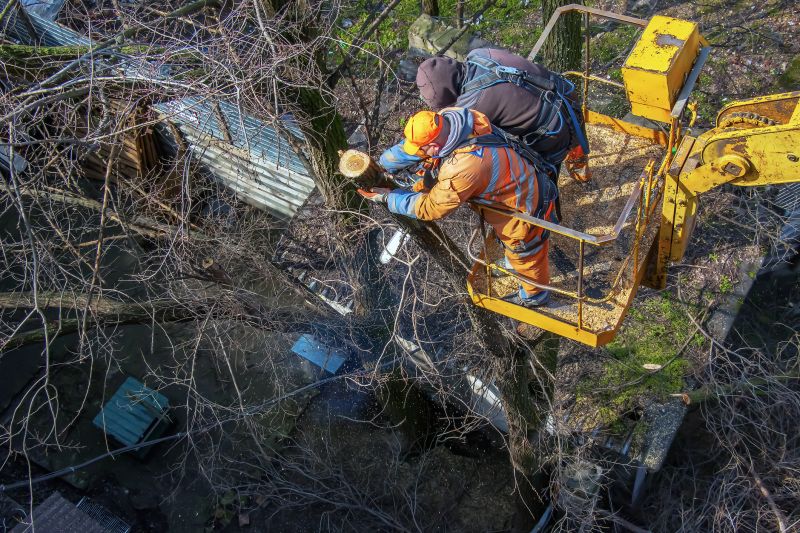
Small tweaks to make Tree Transplanting Service safer and easier to use.
Interested in tree transplanting services? Completing a contact form can provide further information on scheduling and requirements. Proper timing and preparation are crucial for ensuring the health and longevity of transplanted trees, making professional assistance highly valuable.



